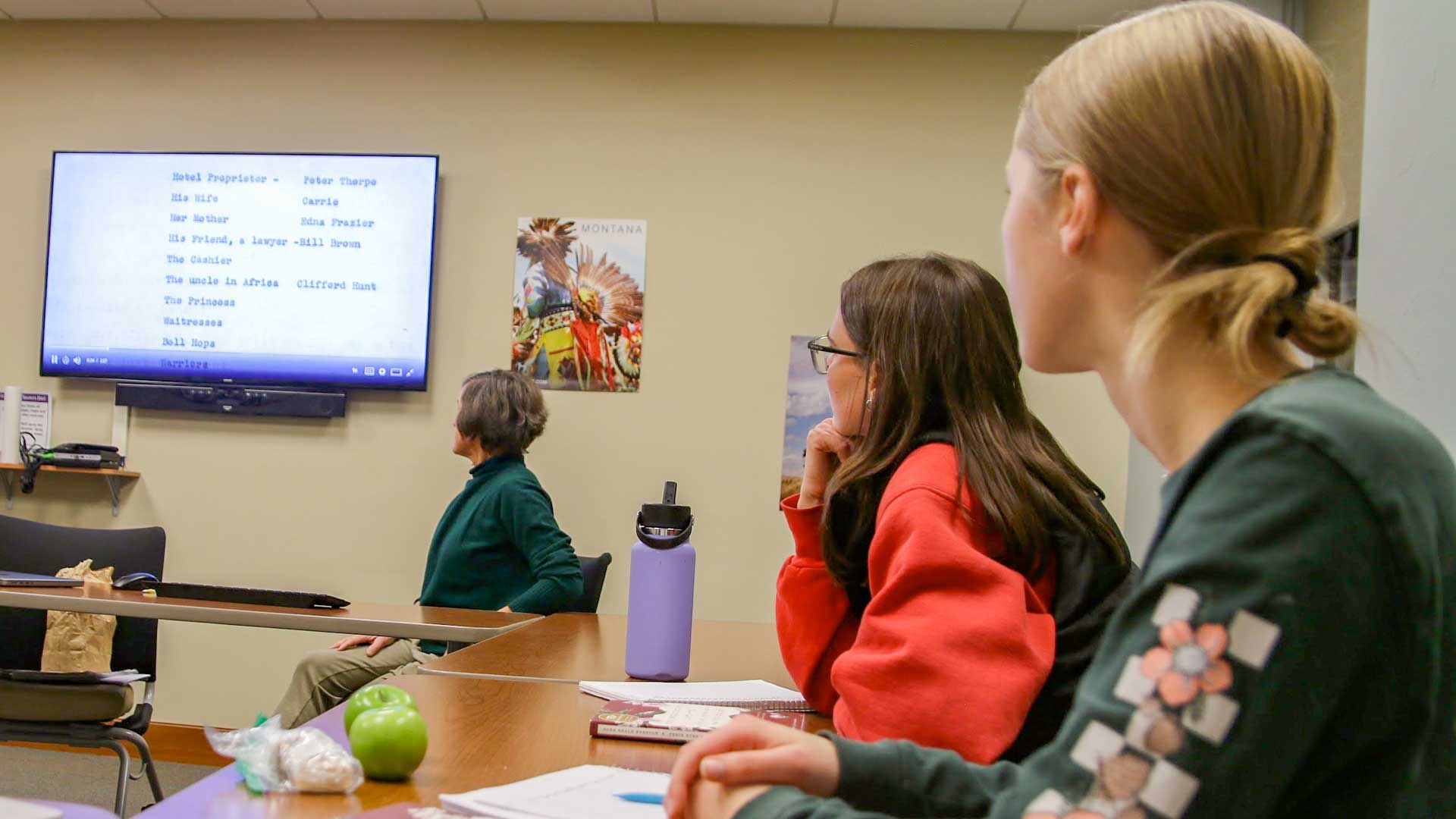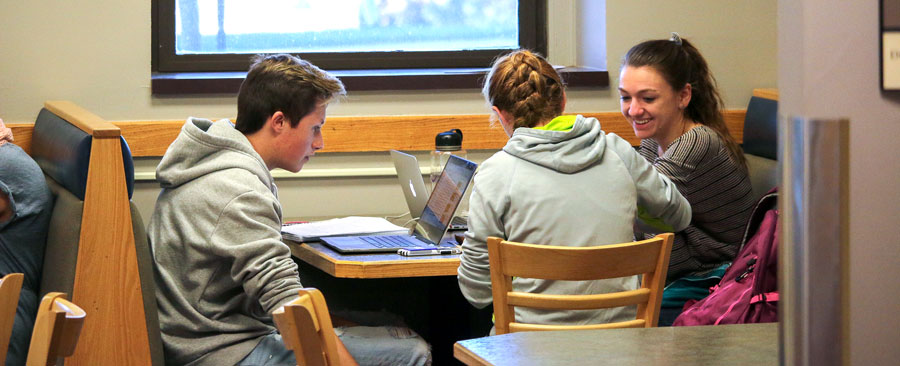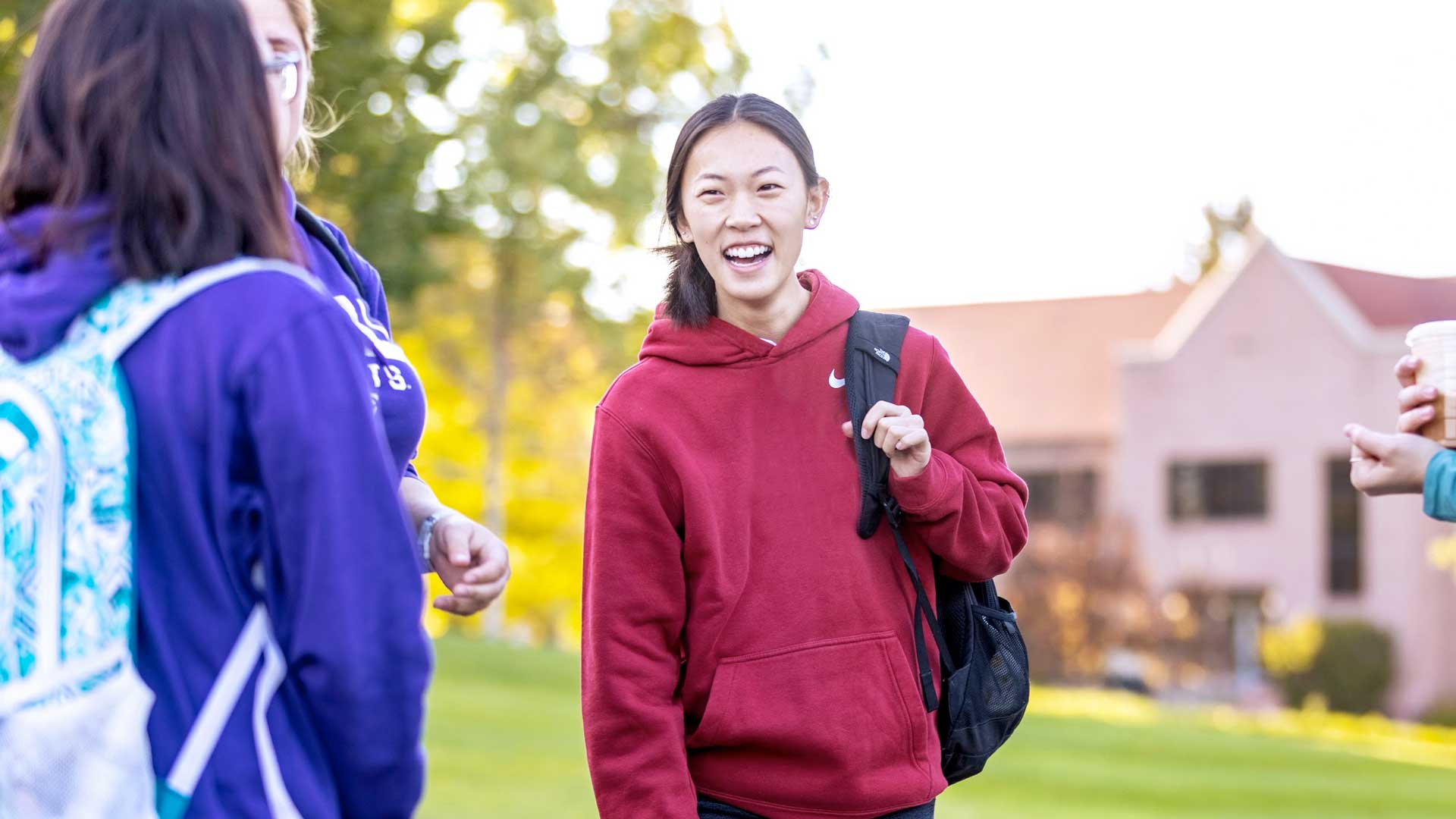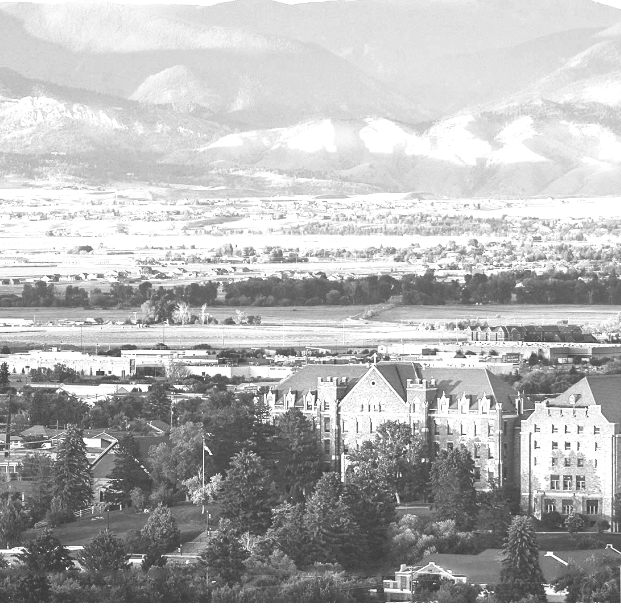The Honors Scholars Program

Carroll College’s Honors Scholars Program is a cohort and seminar-style Great Books academic program that presents a wonderful opportunity for intellectually curious students across a wide array of academic majors and interests to engage in an interdisciplinary exploration of the great ideas and images of the Western tradition.
Beginning in the fall semester of their first year, Honors Scholars take five seminars, one each semester, in which they study works from authors such as Homer, Plato, Aristotle, Augustine, Hildegard of Bingen, Thomas Aquinas, Dante, Chaucer, Shakespeare, Erasmus, Martin Luther, Mary Wollstonecraft, John Locke, Frederick Nietzsche, and Hannah Arendt.
By critically engaging the most illuminating, provocative, and imaginative texts of the last three millennia, our students explore the claims and limits of knowledge, what duties humans have to their communities, and what truly constitutes a human education.
Each seminar fulfills one of Carroll's Core curriculum requirements. A capstone seminar in the sixth semester concludes the program. Students also study a second language through the intermediate level, which can be fulfilled in a few different ways, including studying abroad. Each cohort stays together over the course of the six semesters, allowing the students to form scholarly communities and lasting friendships.
Our Honors Scholars come from a wide variety of majors and academic departments— history, anthrozoology, political science, engineering, nursing, business, biology, chemistry, sociology, philosophy, and theology. Some of our Honors Scholars are student-athletes; others are members of the debate team. Many are involved in service to our Carroll community as peer tutors, peer ministers, admissions ambassadors, and residential advisors.






